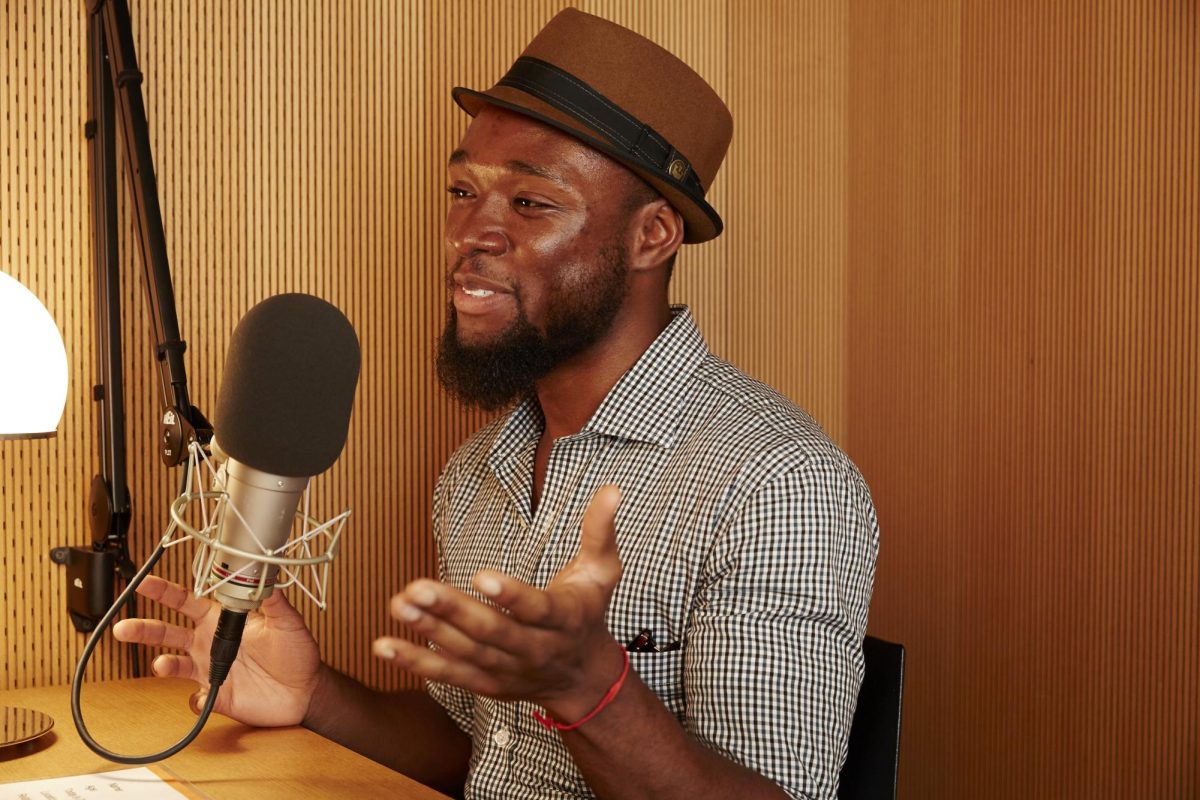About 20 student volunteers meandered around the room as more than 200 high school students quietly took a mock ACT exam on Saturday morning in Hanson Hall at the University of Minnesota.
The students, who are from schools around the Twin Cities, were participating in a free annual ACT and SAT tutoring program offered by Alpha Phi Alpha, a historically black fraternity at the University.
The 10-week program, which started in 1991, is transitioning as Ernest Davenport, the program’s main organizer and a University professor, prepares to officially leave the program.
Instead, Davenport said he wants the program to continue and is giving responsibility over to students and volunteers after this year.
Davenport, an alumnus of Alpha Phi Alpha fraternity and a professor in educational psychology at the University, said he got involved with the program at its beginning.
Davenport studies the achievement gap in his academic research and has played a large role in the program since its onset in the early 90s, said Nate McNair, Alpha Phi Alpha chapter president.
“We have a lot of brothers that work in education,” McNair said. “In terms of kids, this is the most we can do for [the achievement gap] for these kids specifically.”
Though McNair said he believes the achievement gap points out deep flaws in the U.S. educational system, he sees the program as one way the fraternity is able to help.
Davenport added that many participants in the program end up leading the program later on, which he said is unique.
While traditional ACT prep programs can be costly and present barriers to many families, the Alpha Phi Alpha program is free and relies only on grant money and volunteers.
“For kids who are in high school right this moment, they still have to deal with how it is right now, so this is our offering,” McNair said.
The program filled up quickly, and the fraternity had to turn some students away due to limited space and volunteers, McNair said.
Desiree Wren, a parent and supporter of the program, said she got her ninth-grade son involved as soon as she knew it was an option.
Wren said she felt it was important to enroll her son — a young, black male — in the program.
“I wanted my son to get the knowledge and just experience of prepping to take SATs,” Wren said.
While the fraternity members agree that turning kids away is tough, health services management senior Daniel Okabue, a longtime volunteer, said the group is doing its best to accept as many students as possible.
Wren said she hopes the program will eventually gain the funding to expand to twice a year.
Okabue, the fraternity’s treasurer, said he agrees, and hopes it can grow each year to support more students in need.
“As Dr. Davenport is leaving, I think moving into the future we’re really hoping that our students can … take over the program,” he said. “It would be great if we could be at a point where we could sustain it without him.”







